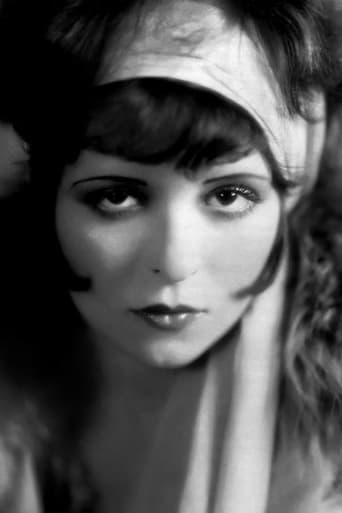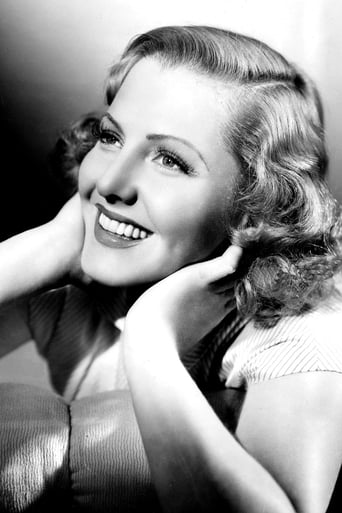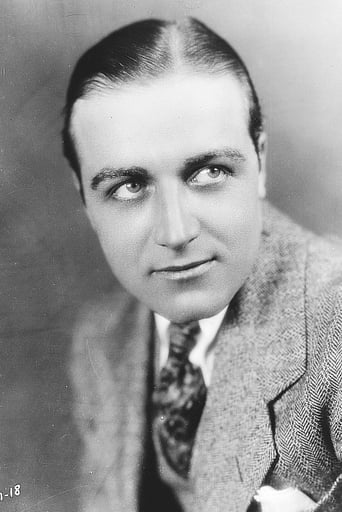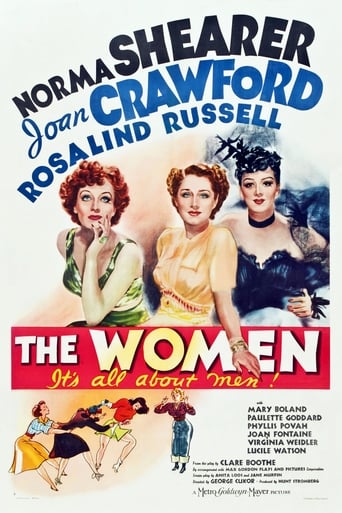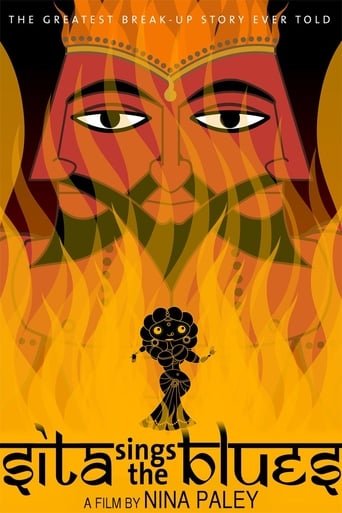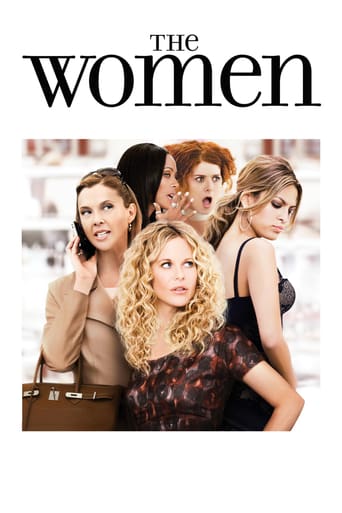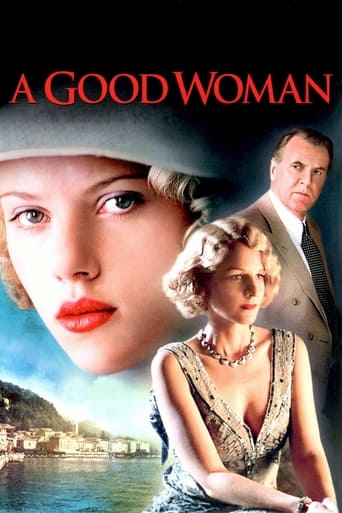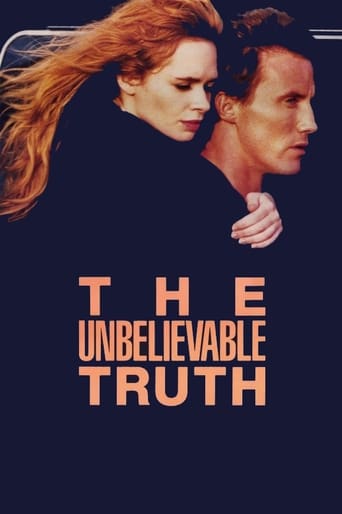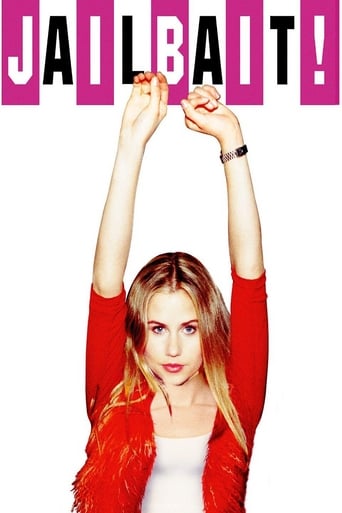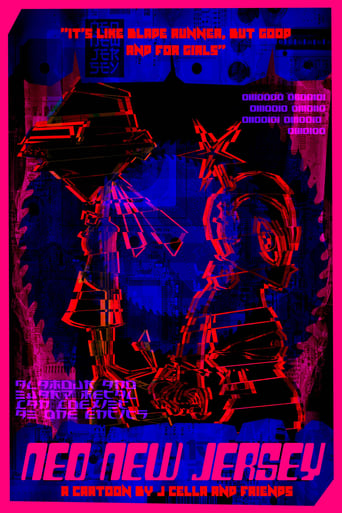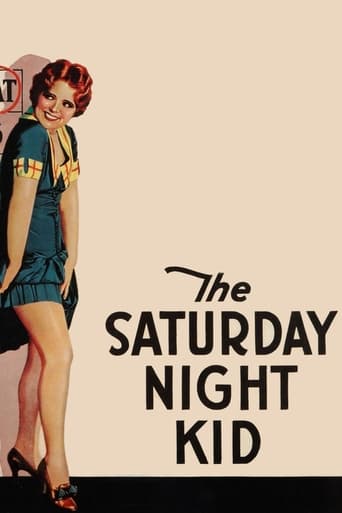
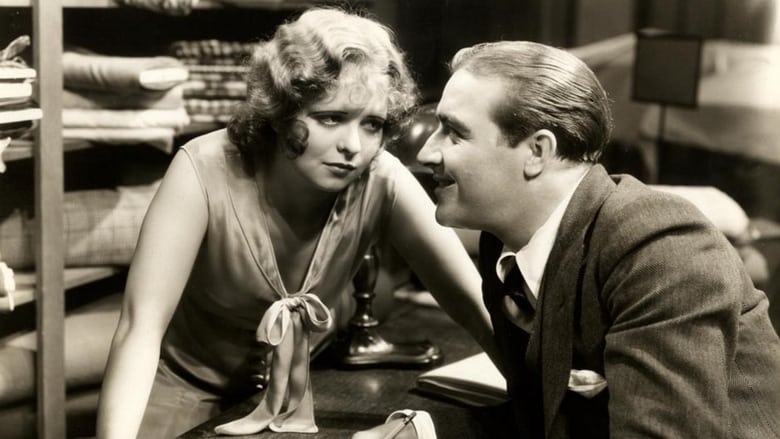
The Saturday Night Kid (1929)
Mayme and sister Janie are salesgirls in Ginsberg's Department Store. Mayme is in love with store clerk Bill, but Janie tries to steal him from her. Hazel, another salesgirl, is Jean Harlow's first credited role.
Watch Trailer
Cast
Similar titles
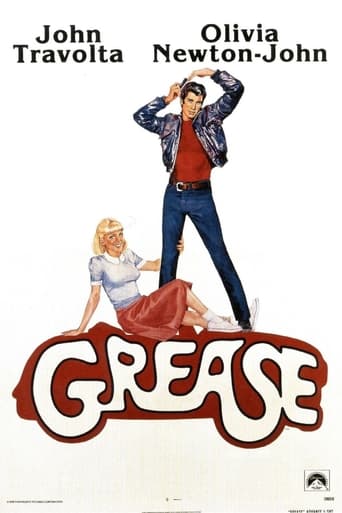
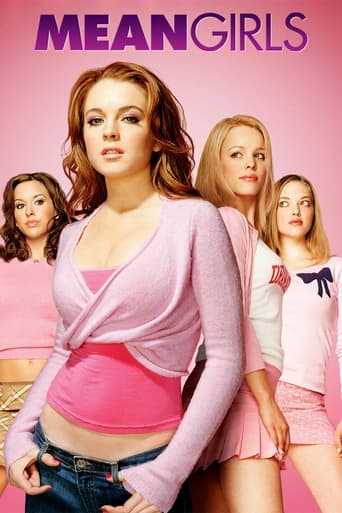
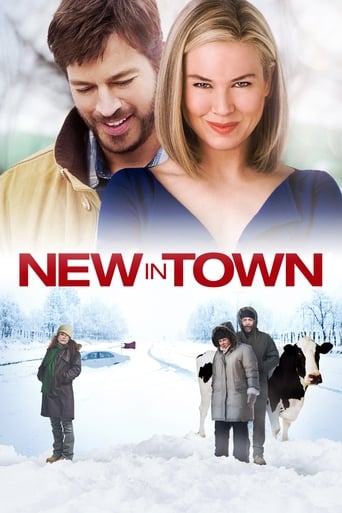
Reviews
Simply Perfect
Pretty Good
All of these films share one commonality, that being a kind of emotional center that humanizes a cast of monsters.
Great story, amazing characters, superb action, enthralling cinematography. Yes, this is something I am glad I spent money on.
Clara Bow and Jean Arthur both started starring in movies around 1924. Bow was 19 and Arthur was 24. In 1927, Bow reached super-stardom as the "It" girl in "It" and playing in first Academy Award Winning movie "Wings." So, now two years later you have superstar Bow, age 24 and star Arthur age 29 playing sisters.Oddly, Arthur seems to be playing the younger sister. In the opening scene, Bow brazenly pulls up Arthur's dress and reveals Arthur's underwear for the camera. She accuses her sister of stealing her "step-ins". It establishes Clara as the dominant personality.Later, there's a wonderful scene where both are in their underwear about to go to bed. Arthur has just stolen Bow's boyfriend. Bow prays, while Arthur hops into bed. She moans innocently, "I can't help it if he like me more than you." Bow snaps back, "Shut up, I'm saying my prayers." Bow is strong and gives a great performance, but its Arthur with a thin, almost squeaky, voice who steals every scene.The movie moves briskly with nice scenes in a department store, on the street and on an apartment porch beneath what could be the Brooklyn Bridge.Nice comic support is given by Edna Mae Oliver who plays a store manager putting on a pageant for Goldberg's, the store where the sisters work. In the play that she puts on, she casts Arthur as virtue and Bow as pleasure to show the triumph of virtue over pleasure. This is ironic as in the movie, they are playing the opposite roles.Charles Sellon, the unforgettable Mr. Muckle in W.C. Fields "Its a Gift," also gives a great performance. He's gambler-neighbor who cons Arthur to give him money by reassuring her, "With me its not a gamble, but an investment." Bow would go on to make eight more films over the next four years and then quit movies forever in 1933 at the age of 28. On the other hand, Jean Arthur continued starring for twenty more years in classics like "Mr. Deeds Goes to Town," and "Mr. Smith Goes to Washington".Some people will be disappointed because the film is pretty light weight. It is barely over an hour and basically climaxes just when it is getting most interesting. Still, watching Bow at the top of her game and Arthur rising to match her is delightful.
Most of the plot revolves around a New York City department store - "Ginsberg's" - that like so many department stores up until the middle of the 20th century were run by the actual founder of the same name. There is an actual Mr. Ginsberg in the cast. It reminds me a little of "It's a Great Life" made the same year, although the sisters working at Ginsberg's here are hardly the Duncan sisters as far as teamwork and sister love. It does gives you a feel for what a dictatorship these big dynastic department stores were at that time. They apparently paid people a living wage, but a living wage was considered enough to make it sharing a room in a cheap boarding house, as sisters Mayme Barry (Clara Bow) and Janie Barry (Jean Arthur) are doing here.The gist of the story is that Mayme and Janie are clerks at Ginsberg's. Mayme is called "The Saturday Night Kid" because she hardly ever misses going out on a Saturday night - until she meets fellow clerk William Taylor (James Hall). Mayme's personality is defined by loyalty and sensitivity when hurt by those she cares about, although she puts on a hard shell to pretend nothing hurts her. Jean Arthur, as sister Janie is the sneak. She's weak and selfish, and is capable of being a weasel and a liar to get out of a bad situation. She feels bad about it later, she just has no spine or character. Now Mayme has fallen hard for Bill, but after he becomes a floorwalker - a big promotion in those days - he gets snooty with her and hurts her badly. She breaks up with him. Sister Janie has always had a crush on Bill, and although she doesn't outright try and steal him from Mayme, she tells some lies to make herself look good at Mayme's expense, to the point of getting Mayme possibly sent to jail! What do I mean by this and how does all of this work out? Watch and find out.My favorite scene - Mayme is having the gang from work over to her apartment and they have a kind of dining room situation on the roof outside their window with the Brooklyn Bridge in the background. The way the conversation flows between characters is quite mature considering this is the first full year of talking pictures.One more thing, even though to me it was a tie as to whether Clara Bow or Jean Arthur owned this picture - Clara with her wise flapper persona and Jean with this whiny unlikeable character she plays that makes you scratch your head when you think about all of the wise likable parts that were to come, Edna May Oliver sure takes the cake with an early performance as a supervisor at Ginsberg's in this, only her first sound performance. You can really see the comic potential there, and apparently so could RKO, because they snapped her up immediately afterward.
Clara Bow stars in this early talkie about two sisters (Jean Arthur) who work in a department store and vie for the same guy (James Hall).While Bow plays a fast girl who's always getting into trouble at work for being late, Arthur is actually the sneak and compulsive gambler (with store funds). She also has a yen for Bow's Boyfriend, Hall. That's about it for plot.Charles Sellon plays the crooked gambler. Jean Harlow has a few lines as the friend and one scene with Bow and Arthur. Harlow and Hall would star in Hell's Angels a few years after this. Edna May Oliver in her talkie debut plays the head of personnel, and Frank Ross plays Ken. Ross would marry Arthur and become a film producer. And that's Bess Flowers trying out the reducing machine.Worth a look for feisty Clara Bow and Jean Arthur in an odd role.
After audiences of the 1920s had become accustomed to seeing Clara Bow portraying the carefree flapper or an aggressive woman out to get her man, this movie strays from those formulas. Confined by the limitations of the role of Mayme and the constraints of early sound films, Clara is much more inhibited and restrained in this film. That high energy personality and wonderful facial expressions that I love about her, were absent in this movie. As another reviewer stated, Clara would have been much more suited to play the role of Janie(particularly the scene where Janie steals Mayme's boyfriend) that went to a young Jean Arthur. Even when, she was several pounds overweight for a leading lady/sex symbol, Clara still manages too look great and she does well in the somewhat thankless role. Mayme is a "good" girl that has developed a cynical and hard boiled attitude from past romances gone bad. It was also interesting to see Jean Arthur play a selfish, impulsive, immature Janie(who doesn't hesitate to stab her sister in the back if her neck is on the line) after seeing her in more virtuous roles in the 30s and she turns in a good performance despite just an average script and dialogue. The Saturday Night Kid also provides an interesting glimpse into the late 20s lifestyle from riding a street car to working in a department store. Yes, 75 years ago they were doing company "pep rallies" that employees had to attend and show their enthusiasm whether they were enthused to be there or not. There are very few films that were made in 1929 with outstanding productions values and are enjoyable to watch. While this film has it's problems I think it is better than most of the early sound films that I've seen, including THE WILD PARTY with Clara. 6/10
